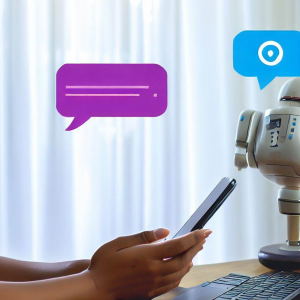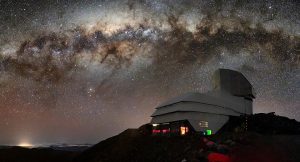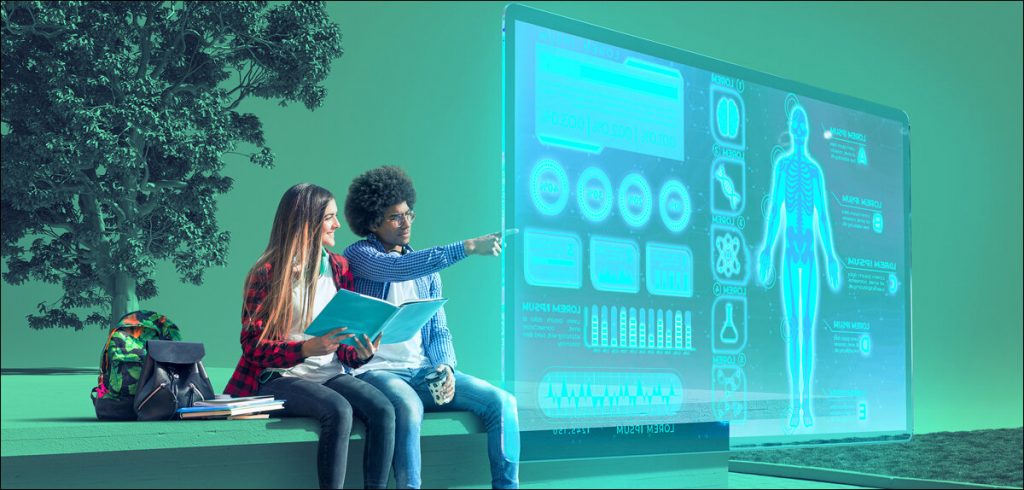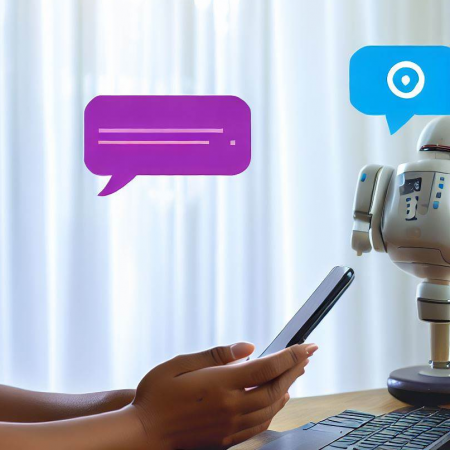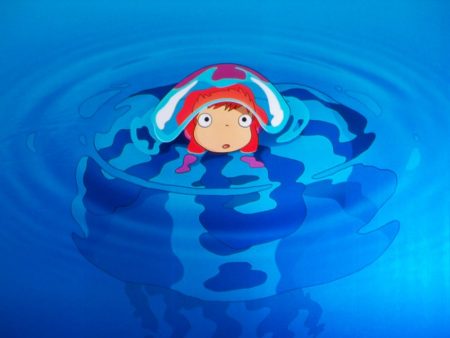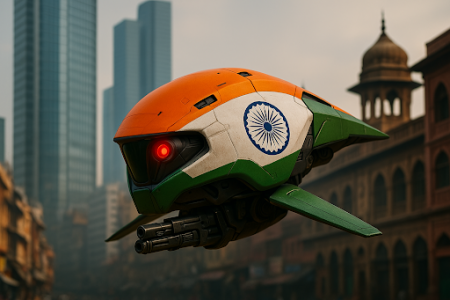While human intuition is a key trait for survival, and cannot yet be duplicated by AI, it can get in the way of scientific research, according to Physicist Mario Krenn.
AI seems to be all anyone is talking about of late, and you can’t blame them since we are pushing the boundaries of computation in an unprecedented manner. The amount of data that goes in and out of these machines is mind-boggling, not to mention the scary aspect that it is somehow making sense of all this data and even coming to conclusions based on it.
While we now have large language models (LLM) that can speak fluently in several languages and even produce code and images based on their training data, it is the ability to find patterns, anomalies, and correlations in massive amounts of data that we are interested in. A real-world example is Asian Paints which uses AI to analyse data from hundreds of assets to predict inventory requirements with a 90% accuracy.
Research gets a boost from AI
When you think about the big picture of AI and the conclusions it could come to based on the vast amounts of data that we are generating, the possibilities are endless, exciting, and also scary. When we talk about neural networks and the fact that we are making a digital model of a biological organ that we don’t fully understand and don’t even use to its full potential, the word frontier comes to mind. This is pretty much unexplored territory for scientific discovery and the applications are infinite. You could feed this thing data from a supermarket and it could tell you a hundred ways to make it more efficient. It could quite possibly also tell you a hundred ways to run it into the ground.
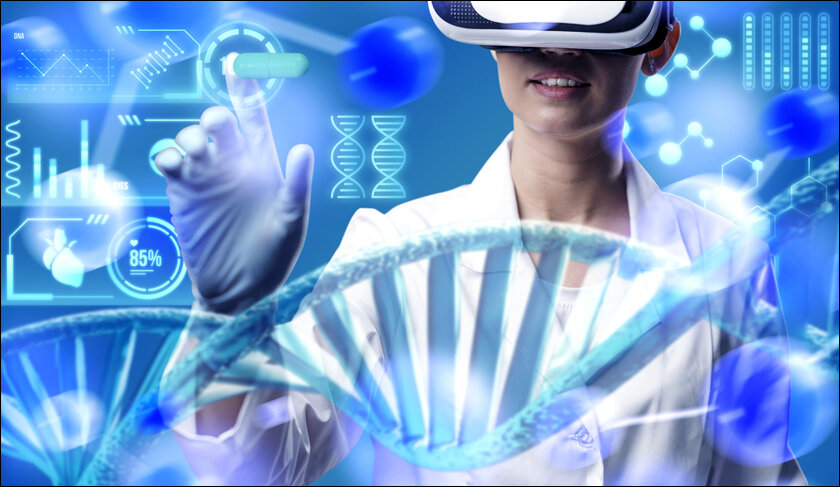
During a recent Nature survey involving over 1,600 researchers from around the world, Irene Kaplow, a computational biologist at Duke University was quoted stating “AI has enabled me to make progress in answering biological questions where progress was previously infeasible.” She’s not the only one who feels that way and the majority of participants agreed that AI not only makes unfeasible operations possible but also accelerates the process significantly.
In addition to helping scientists discover and produce new protein structures, chemicals, and drugs to combat harmful viruses, AI is also being used to suggest medical diagnoses. By streamlining the tedious process of research and computation, scientists now have a lot more time on their hands as well as the data required to make informed decisions.
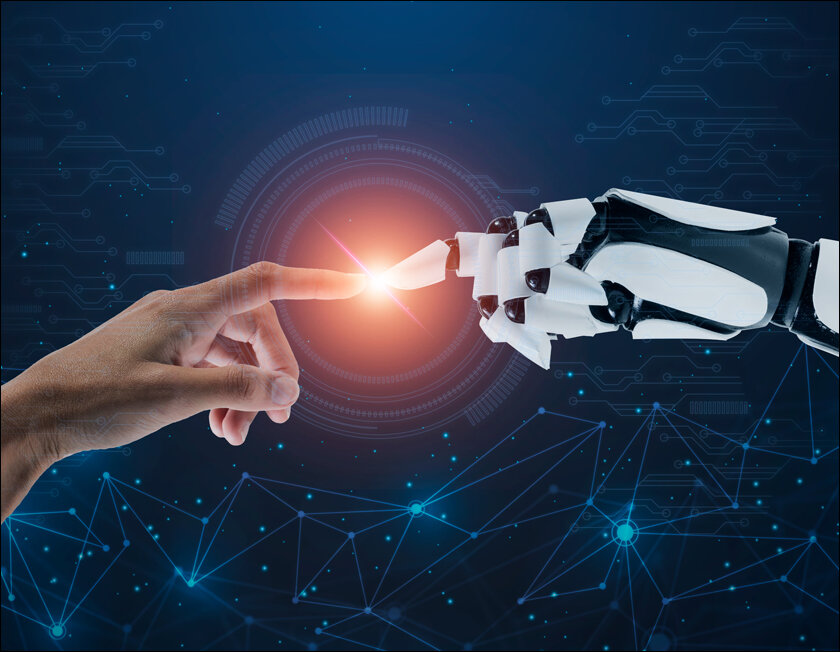
AI vs. human intuition
While human intuition is a key trait for survival, as well as something that cannot yet be duplicated by AI, it can get in the way of scientific research, according to Physicist Mario Krenn. While unsuccessfully trying to come up with an experiment that would allow him and his team of researchers to observe a specific type of quantum entanglement, Krenn suspected human intuition was encumbering their success and decided to let an algorithm have a go instead. In his words, “I let the algorithm run, and within a few hours it found exactly the solution that we as human scientists couldn’t find for many weeks.” The team was then able to successfully set up the experiment and observe that particular type of quantum entanglement for the first time.
Another example where human intuition took a back seat to an AI algorithm is in the research of neurodegenerative diseases like Alzheimer’s and Parkinson’s. According to Steven Finkbeiner, a senior investigator at the Gladstone Institutes, there is a huge difference when AI analyses images of cells as opposed to when humans do it. He then goes on to explain how his team was surprised at the “richness” of the AI data that had vital information that to quote Steven Finkbeiner “we can’t see as humans, or have overlooked.” His team was then able to use a deep learning algorithm that had been trained with about 23,000 images of cells, to predict the death of a cell with accuracy, something we as humans have not been able to do in the past successfully.

No turning back now
As an extension of the human mind, AI opens up the possibilities of what we can invent, discover, study, and create. Even weather phenomena like tornadoes that are too rare to be properly studied in nature are now being studied in the form of synthetic storms created by AI. While the advantage is that AI doesn’t have an intuition, and isn’t inherently biased unless programmed to be, the fact that the technology is pretty much a black box even for the people creating it leaves a lot to the imagination, mostly in the form of Skynet or the Terminator.
Questions like “If we feed it enough data about humans can it tell us where we come from?” come to mind, and we can only pray and hope that if it does become intelligent enough to answer questions like that, it will still be kind enough to do so.
In case you missed:
- Scientists establish two-way Lucid Dream communication!
- Scientists gave a mushroom robotic legs and the results may frighten you
- This computer uses human brain cells and runs on Dopamine!
- Lab-Grown Brain Thinks It’s a Butterfly: Proof We’re in a Simulation?
- From Fridge to Fusion Reactor, How Mayonnaise is Facilitating Nuclear Fusion
- Netflix replaces its game developers with AI
- What’s Nvidia doing in the restaurant business?
- AI in 2025: The Year Machines Got a Little Too Smart (But Not Smart Enough)
- X’s Trend Genius: Social Media Psychic or Just Another Algorithm?
- Tiny robots made from human cells can heal wounds!
